As a small girl in my suburban neighborhood, dealing with death was something unusual. So when my pet fish died, tears were shed and a solemn, toilet-side funeral was held, complete with speeches!
Any time I found a dead baby bird in the spring, my long-suffering father would kindly wrap it in tissues and bury it beneath the tree of my choosing. In my young understanding, death was something scary, sad, rare and something I would do my best to avoid with any of my few pets.
As I continued on into adulthood in the city, I can’t really say that my perspective changed. I watched as my friends invested hundreds of dollars in their cat’s allergies and their dog’s diabetes, forestalling death as long as possible for the beloved animals with whom they shared their home.
https://www.instagram.com/p/BaYrV-SlSRU/?tagged=diabeticcat
Then I became a homesteader. My husband and I share a goal of self-sufficiency on our land, and part of that is bringing lots of animals into our daily life, far more than the singular cat or three goldfish I had been accustomed to. Ducks, chickens, goats and rabbits joyfully became part of our daily routine.
Yet suddenly, I found myself faced with a strange frequency of death that I’d never encountered before. My pet-based upbringing had not prepared me for this.
Though I was brokenhearted to face the death of some of the creatures in my care, I have begun to believe that it is more normal than I suspected. Here’s what I have learned so far – maybe it can help other novice homesteaders like myself as they learn a new way of living.
Death Is Inevitable – How’s That For A Lighthearted Start?
When I began homesteading, I had no prior experience. So, despite all my book-learning, I really didn’t know what to look for when we got our first animals – we just knew that they would teach us a lot along the way. I actually apologized to our first chickens when we brought them home, knowing that they would have to deal with my ineptitude!
As a result, those first learning pullets gave us quite the education. They came loaded with parasites (as we found later!), and so we earned our stripes learning how to treat and care for their mites, lice and worms. Even despite our best efforts, we watched as our Barred Rock grew weaker and weaker.
https://www.instagram.com/p/BZex0l7BWiK/?tagged=sickchicken
When she died after a night of nursing her with an eyedropper, we looked at each other and felt like we had passed through a gate. Our first animal death but certainly not the last. This was something we couldn’t have really avoided – and yet it felt very different than losing a pet. Though we were sad, we also realized that this was how life with livestock would be. Pretending that we’d never suffer a loss was foolish!
We’ve since lost a rabbit to a fierce Ozark heat wave and several chicks to a greedy raccoon. With every death, we’ve learned how to better care for our animals, and have also come to terms with the fact that this may happen every season.
Old age, predation, sickness and uncontrollable weather will be challenges we will constantly face, sometimes with triumph, and sometimes with casualties. This is as much part of homesteading as fresh eggs, beautiful sunrises and morning chores.
Death Is Necessary
I’ll never forget a story I heard about a pair of newbie homesteaders – much like myself. As they raised their huge clutch of chicks into adulthood, they found that their straight-run of birds had resulted in at least half roosters. Having bonded with these cute, fluffy little babies, they couldn’t bear the thought of butchering any of them and decided to keep all their birds together and live harmoniously, no matter what gender they had turned out.
https://www.instagram.com/p/BaAvQNJF3yl/?tagged=roosterflock
As nice as that sounded, the reality was that as the roosters reached maturity, their natural bellicose tendencies emerged. The couple found themselves with endless cockfights and wound up with mangled and blinded birds.
Almost all of the roosters had to be put down in the end. A much more difficult yet more responsible way of dealing with such a high rooster population would have been to cull some for the freezer before the problems began.
When it comes to livestock, however, culling is not a bad word! As many experienced breeders may tell you, irresponsible management of animal reproduction has often resulted in poor, sickly animals. Throughout the ages, wise farmers, homesteaders and shepherds have always controlled the breeding of their animals.
https://www.instagram.com/p/BawCsjCBHWs/?tagged=chickens
The strongest, healthiest and most beautiful were allowed to create offspring, improving their herds. As a result, many animals with poor conformation end up on the dinner table.
This is no waste, however! I take it as a comfort that every animal on our homestead has a purpose – as breeding stock, land-improvement, fertilizer or a delicious roast! And let’s face it, regardless of how they end up, animals raised on a responsible homestead are sure to have a better, healthier life than those raised in huge industrial meat farms.
Death Isn’t Always Bad
When we first brought two dozen chicks and ducklings home from our local feed store, all I really saw at the time was the fuzzy cuteness, the bitty hopping steps and sweet visions of egg and meat sustainability in our future.
At the time, I didn’t realize that there could be bad batches of hatchery eggs that just don’t develop well, or that sometimes the adorable little duck was actually the runt of the litter who would never flourish.
Even though I was sad and frustrated to watch some of them quickly die, I now realize that I’m glad that those weak chicks were removed from our flocks. I would have never wanted that runty, seizure-prone duck to breed and pass those traits along if she had even been able to make it to adulthood in the first place!
https://www.instagram.com/p/BYGtRoNHhQz/?tagged=chickenflock
As I talk with more farmers and homesteaders in our area, I realize that even animals naturally raised by their own mothers sometimes face this reality. If a guinea fowl hen realizes that her brood is sickly, for example, she will sometimes abandon the lot of them entirely.
As cruel as it sounds, she somehow knows that it would be a waste of her time and energy to try to rear weak chicks and that she’s better off starting over.
I’m trying to learn the same lesson, when appropriate. My suburban heart wants to rescue and save every animal that we acquire, but the growing homesteader-sense in my mind knows we have limited resources and a desire for self-sustainability. It is in the best interest of all involved that we are as healthy, capable and functional as possible! As a result, the often natural death of young animals is a hard pill to swallow – but that doesn’t make it bad.
When discussing our new-found life with many of our family and friends back in the city, sharing the deaths we have encountered is a rare topic. Most folks who don’t deal with livestock are uncomfortable discussing animal death – it’s as unfamiliar to them as it was for me when I was a suburban kid myself! The romantic elements of homesteading are a much more palatable topic.
https://www.instagram.com/p/BMTiVtEhvf8/?taken-by=poultrytales
I think it is precisely this inclination, however, that is mentally harmful to those trying to return to a simpler way of life. The shock of that first animal death really threw me for a loop. As over-dramatic as it sounds, I felt like a bumbling failure, even though it was inevitable and potentially beneficial in the long run!
It’s All A Learning Process
I am now starting to understand that in handling life and encouraging its creation for the benefit of my family, I also have to accept death as a natural part of the process. It can be hard to face, but it’s good to face, and we come out stronger, tougher and a little wiser in the end.
If you are in the same boat, you may actually find yourself likewise thankful that your children can grow up seeing animals humanely butchered for the table, culled out of incurable sickness or just naturally passing.
Rather than having them avoiding death whenever possible, like I did as a kid, I believe this will give them a far more realistic view of the world, as well as a healthy respect for the beautiful strength and potential fragility of the life they are surrounded by.
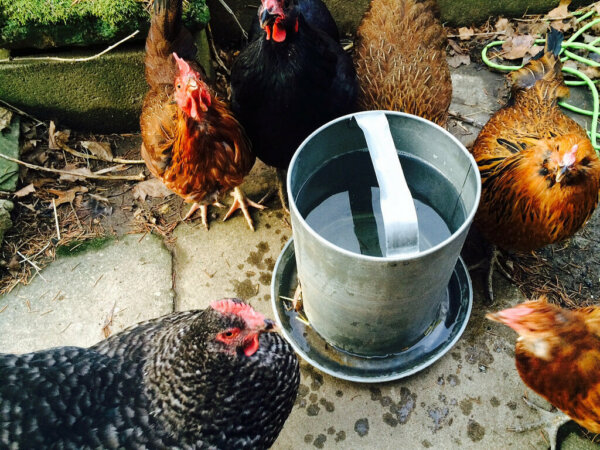
Perhaps it will even teach them how to value their own gift of life in a way that no book or TV show could teach them.
So take this to heart, newbie homesteader, novice chicken-keeper and fledgling goat-herder! In whatever form it takes, dealing with death on the homestead can be tough. But if you are able to learn and grow from the experience, using the end of one animal to make life even better for those that remain, then no death need be seen as a pure tragedy or failure.




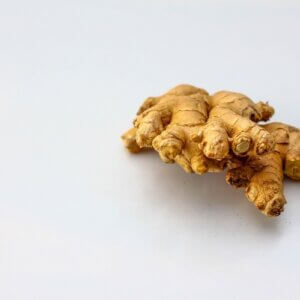
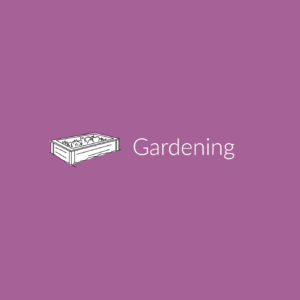
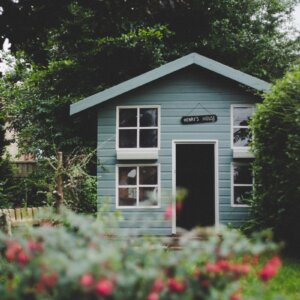


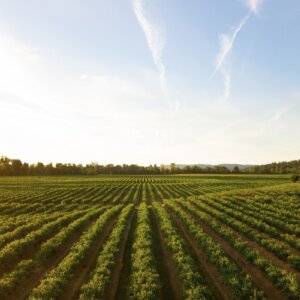




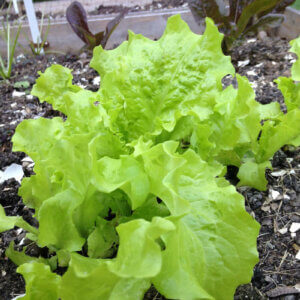

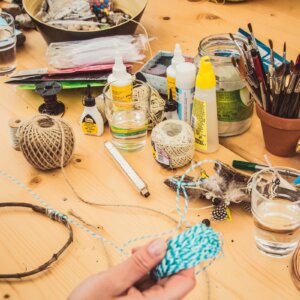
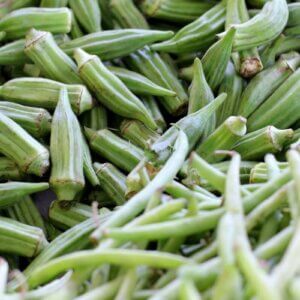

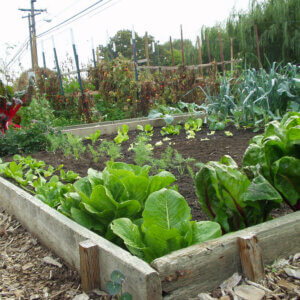
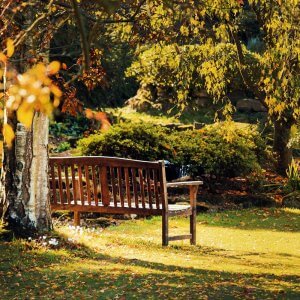
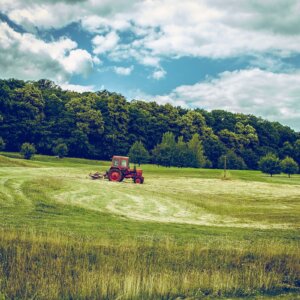
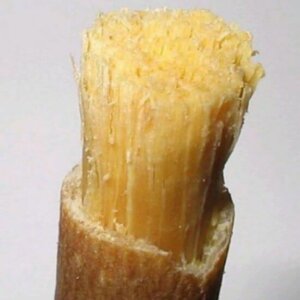
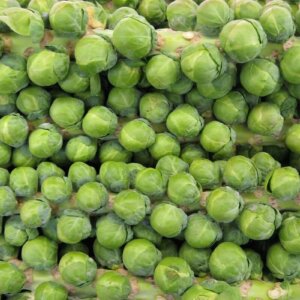
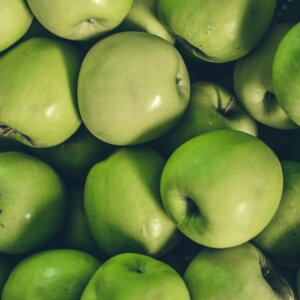
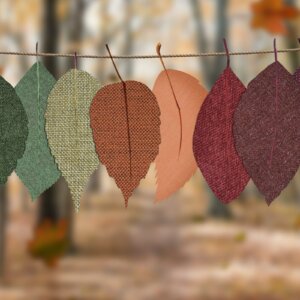

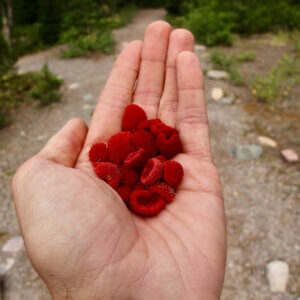
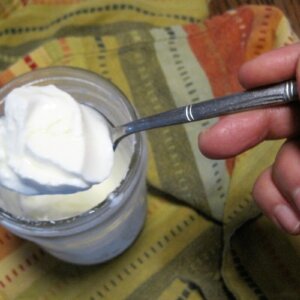
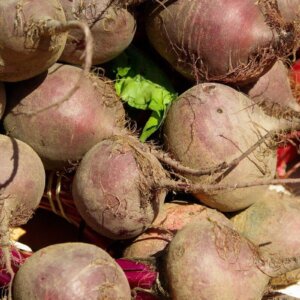
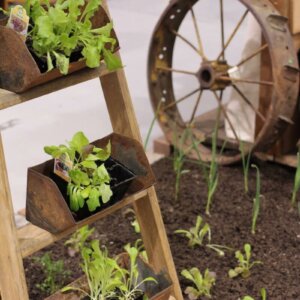


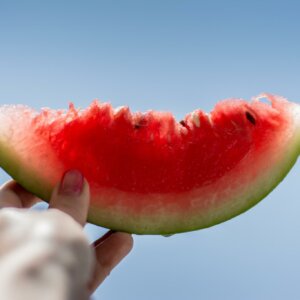
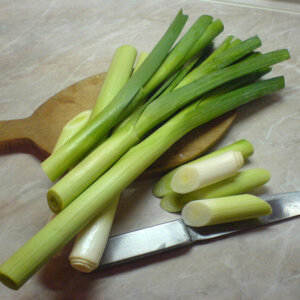

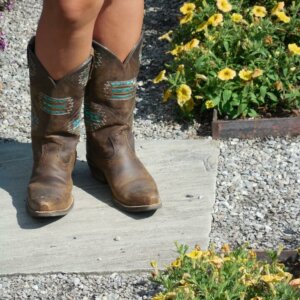
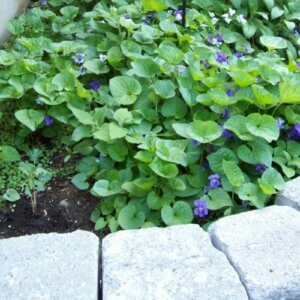
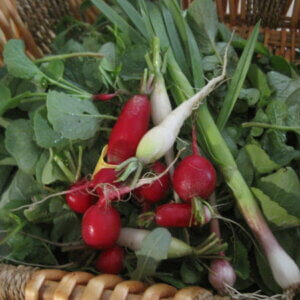
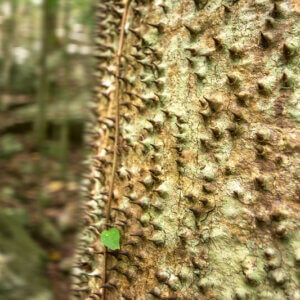


Leave a Reply